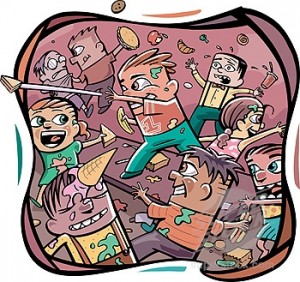
(This is the Tantrum, in which Dadwagon’s writers debate one question over the course of a week. For previous Tantrums, click here.)
Bloomberg News recently ran an article on what sort of accommodations New York’s fanciest restaurants make for children. What was discovered was outrageous and a threat to Western Civilization as we know it.
Think I’m exaggerating? Consider this: “not one of 24 of the city’s top restaurants…has a special children’s menu. Less than half of them offer high chairs.”
Oh my god!
The article then goes on to give a brief run-down of the actual kid’s policies at some of New York’s flagship dining establishments:
- Daniel allows kids but has no high chairs and no kid’s menu.
- The Spotted Pig likes children. Full stop. But that’s just their labor policy.
- Aldea has no kid policy, because kids, they state, are “human beings” (clearly they have no kids; kids are not human beings; they are wild animals with portable DVD players).
- Craft has high chairs but no kid’s menu.
- Masa allows kids older than eight but they get the same sushi as everyone else–and they pay the same $400.
- Le Bernardin says no kids under 12 (and they do it with a snooty French accent).
- Eleven Madison Park doesn’t outlaw kids outright, but they do point out that dinner takes two to three hours and doesn’t include pizza.
At the risk of being a hypocrite, I don’t think kids under, say, 30, should be taken to any of these places. I know, I know, Dadwagon’s unofficial policy is that all children are welcome in all establishments at all times, particularly if they sell alcohol, and definitely if there are strippers involved. This is who we are. Perhaps we will pay for it one day, perhaps not.
But the article provoked a Tantrum-worthy thought. This was not whether these restaurants should do what it takes to keep the crotchfruit happy while we devour comestibles organic, locally-sourced, and delicately plated. No, what I wanted to confront was whether it was right to bring those kids to these places at all.
I’m going to be in the no camp, for a variety of reasons.
First, in my specific case, fancy food is lost on JP. Second, any meal in which he has to remain seated for longer than fifteen minutes is fourteen minutes too long. Third, why would I pay good money for food that he is mostly going to be wearing? Fourth, if I go to a good restaurant I want to be able to enjoy it—this won’t happen if my child is there, at least not at this age.
Yes, yes, I know it’s a good thing to expose children to all kinds of new experiences; and yes, when will he ever learn to behave if I don’t teach him; and no, I know there’s no real difference in foisting him onto people in a restaurant than a bar; blah, blah, blah.
Listen carefully:
- Bar: fun for me; limited to no impact on child; who cares what anyone else thinks?
- Restaurant: no fun for me; limited to no benefit for child; expensive; who cares what anyone else thinks?
Curious to see what my colleagues have to say on the matter, and please, Dadwagon readers, let us know how you feel.

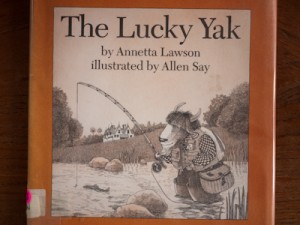
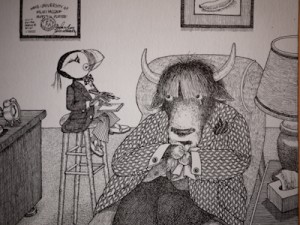
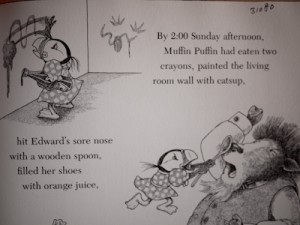

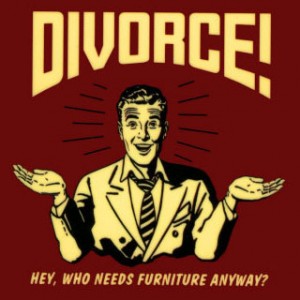 Why is it that crazy conservative publications are so much more fun to read than crazy liberal ones? Give me the hardcore nuttiness of
Why is it that crazy conservative publications are so much more fun to read than crazy liberal ones? Give me the hardcore nuttiness of